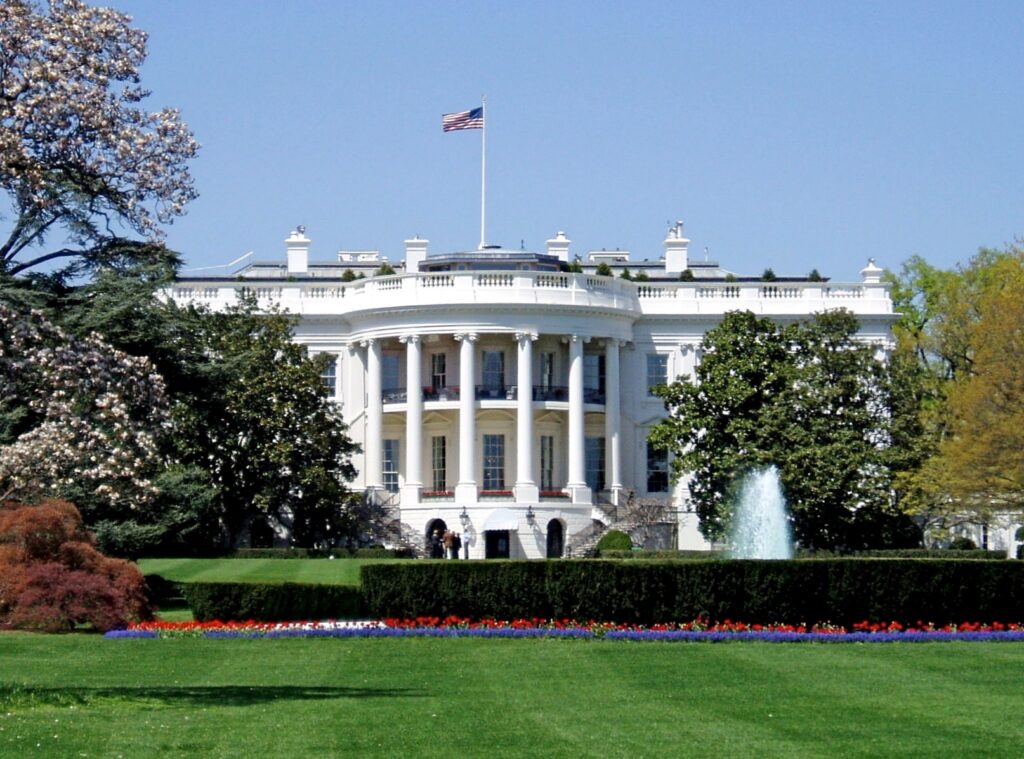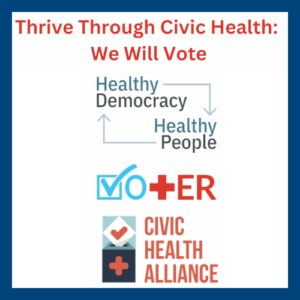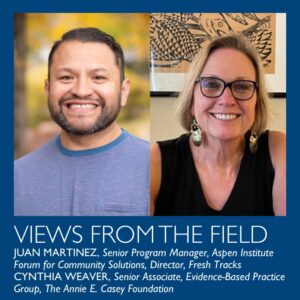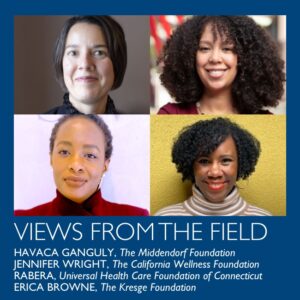The Final Reconciliation Package: Implementation of Key Provisions
On July 4, 2025, H.R. 1, the One Big Beautiful Bill Act, was signed into law. The implementation dates for key health care provisions in the law vary, with some taking effect immediately upon passage and others being implemented over several years. This resource details key dates for the implementation of the law’s most significant health care provisions.
Deadlines in Health-Related Executive Orders and Presidential Memoranda
This GIH policy resource details many of the health-related executive orders issued by the administration and includes a calendar of upcoming deadlines for when those orders are expected to be implemented.
Beyond the Exam Room: Impacting Health Outcomes Through Civic Engagement
August marks Civic Health Month, a time to showcase the link between voting and health and celebrate efforts that ensure every voter can support their community’s health at the ballot box. At the same time, the United States is grappling with a health care system ranked 37th globally despite consuming 17 percent of the country’s GDP. With 26 million Americans uninsured and 43 million underinsured, the gap in access to care continues to widen. This crisis will deepen as critical ACA subsidies expire at the end of 2025, potentially leaving 3.8 million more Americans without coverage, in addition to new federal cuts to Medicaid and changes to how coverage is accessed through the health insurance marketplace, which could result in as many as 20 million Americans losing their health insurance.
Opportunities to Engage on the 2024 Reauthorization of the Older Americans Act
First signed into law in 1965, the Older Americans Act (OAA) provides critical services that address the social drivers of health for older adults such as nutrition, transportation, senior centers, elder rights protections, caregiver support, and health promotion. If the OAA is not reauthorized, it is set to expire on September 30, 2024. Grantmakers In…
GIH Signs Organizational Commitment to Thrive Through Civic Health Initiative
GIH has signed an organizational commitment to the Thrive through Civic Health: We Will Vote initiative. The focus of the Initiative is to implement a health sector strategy to build awareness, commitment, and momentum and increase voter participation of health sector workers.
Philanthropy’s Impact on Health Care Systems: Supporting the Creation of a Community-Health Worker-Based Chronic Care Management Model in Appalachia
Guided by its mission of “helping people help themselves,” the Claude Worthington Benedum Foundation strategically invests in the creative problem-solving activities of local communities and individuals. For the past decade, the Benedum Foundation has accomplished this mission in its support of a particular health care delivery model: efficient chronic disease management through a medical model leveraging the skills of community health workers in Appalachia. This model provides unique patient care, has shown success for improving the health conditions of a target population, and reduced health care costs—accomplishments that align with the Institute of Health Improvement’s Triple Aim framework.
Engaging Youth to Guide Research on Their Own Well-Being
In 2019, the Annie E. Casey Foundation’s Equity and Inclusion unit hosted a convening with young people from Black, Latinx, and American Indian/Alaska Native (AIAN) cultural affinity groups, along with adults who support the work and leadership of these youth and young adults. The young participants, many of whom were from the Aspen Institute’s Fresh Tracks program, expressed the need for young leaders to be the ones defining youth well-being and finding solutions that help their own communities support the well-being of young people.
A Compass of Indispensable Leadership Attributes to Guide Health Philanthropy
Trends in leadership are changing—just take the Terrance Keenan Institute as an example. When the program started in 2010, it focused on general leadership tactics with topics that ranged from leveraging resources and building partnerships to board dynamics. Since then, the Institute’s curriculum has moved towards a recognition that leaders possess individual strengths that can be embraced to make our organizations and the broader field of health philanthropy more effective.







